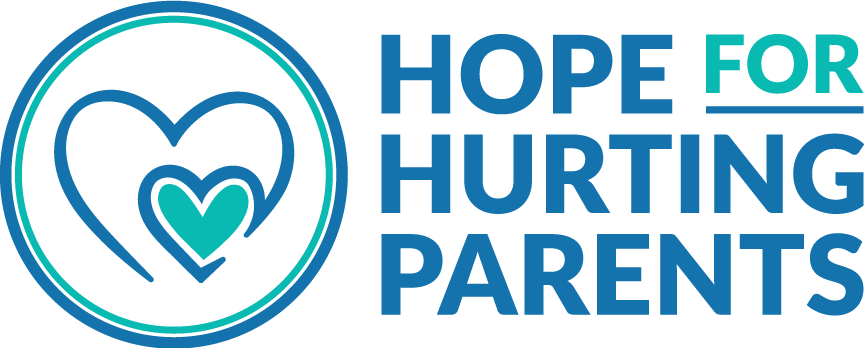
photo cred. Marek Szturc on unsplash
Schizophrenia.
Have you wondered if this could be what’s wrong with your son or daughter, or have they already been diagnosed? Maybe you weren’t surprised, but either way this has been devastating. You may have been on this precarious, dark path for a while. Some days you’re okay and other days you’re not. You struggle to see the way forward.
A friend of mine, whose daughter struggles with schizophrenia, says she often feels way out of her comfort zone. Sometimes it’s like living in a nightmare.
Is that you? Is your life a little like trying to cross a precarious rope bridge? You have no choice – you have to keep going, even though you’re scared to death. I hope the following information from NAMI (The National Alliance on Mental Illness – nami.org) will be helpful on your journey.
MISUNDERSTOOD
Schizophrenia is often misunderstood, yet is a highly treatable mental illness (or brain disorder). This mental illness affects more than two million American adults every year. The symptoms interfere with the ability to think clearly, manage emotions, make decisions and relate to others.
Many are shunned because this illness causes unusual and unpredictable behavior. However, schizophrenia is not caused by bad parenting or personal weakness. This brain disorder can affect anyone at any age, but typically emerges during the teens and twenties to slightly more men than women.
You can find plenty of information on the internet describing schizophrenia. No single symptom positively identifies this mental illness; all of the symptoms are similar to other mental illnesses.
CAUSES

photo cred. Jon Tyson on unspalsh
Scientists don’t really know, but schizophrenia can run in families. Like cancer or diabetes, it appears to be caused by a combination of things, including genetic vulnerability and environmental factors that occur during a person’s development.
TREATMENT
Medication is only one part of what’s needed, although there’s no known cure. The main type used are called antipsychotics. Several combinations of medications may need to be tried to find what works best. Commonly, people may stop treatment when they feel better or think the medication isn’t working. This is very dangerous and can turn a relapse into an acute psychotic episode.
Psychosocial rehabilitation also needs to be part of a treatment plan. Those who attend a structured program of this nature and stay on their medication manage their illness best. One effective approach, especially if the person also abuses substances, is the Program for Assertive Community Treatment (PACT). This is an intensive team effort to help the individual stay out of the hospital and live independently.
Hospitalization. Sometimes this is necessary to treat acute symptoms: Severe delusions or hallucinations, serious suicidal thoughts, an inability to care for oneself, or severe problems with drugs or alcohol can become an issue.
Recovery: Over the last 25 years the outlook has improved. Many can get better with treatment and support. As more is learned, more people living with schizophrenia can embrace recovery and achieve successful lives.
HELP FROM NAMI
Peer to Peer classes – a free 9 week education course, led by mentors who themselves have mental illness and have achieved recovery. They provide great support. The content provides comprehensive information and teaches strategies for personal and interpersonal awareness, coping skills, and self-care. Check out the NAMI website (below) to find out what’s available in your area (or online). They also offer Peer support groups.
Family to Family class – a free 8 week course for family members similar to the Peer class. Led by a family member who has a relative living with mental illness. My husband and I have taken this class and it was a tremendous help. I highly recommend you try it–they’re also available online.
NAMI help line: (800) 950-6264 nami.org
REFUSING TREATMENT

photo cred. Ivan Aleksic on unsplash
Has your loved one refused treatment? Between 50% to 70% of people with schizophrenia are not medication compliant. They don’t believe they need help or that anything is wrong with them. They argue and fight against you. If this is your situation, then you need the book I Am Not Sick I Don’t Need Help!: How to Help Someone with Mental Illness Accept Treatment by Xavier Amador, Ph.D. He understands. His older brother suffered for years with schizophrenia, refusing help. After a long decade of battling with his brother, Dr. Amador, then a clinical psychologist, developed an effective strategy to help families. His approach is called LEAP. This method is widely accepted and used all over the world, even to train first responders. The focus of LEAP is respectful, nonjudgemental communication.
L = listen
E = empathize
A = agree
P = partner
Learn more about the LEAP approach: leapinstitude.org
Watch an 18 minute video of Dr. Amador explaining more about LEAP here.
THERE IS HOPE
Having a child with schizophrenia is a huge challenge, but dear parent please be encouraged because there is help and hope for you and for your child.
Be uplifted by these two Bible verses:
“Put your hope in God . . .” (Psalm 42:5) NIV.
“. . . I have hope because of the Lord’s great love and compassion” (Lamentations 3:21) NIV.

Your writing has a way of resonating with me on a deep level. I appreciate the honesty and authenticity you bring to every post. Thank you for sharing your journey with us.
Dee, I am so glad to know my blog posts resonate with you like that. I do make an effort to be real and vulnerable in my writing. So thank you for your comment. It means a lot.
May God continue to comfort and strengthen you for the journey you are on.
In Christ, Dena